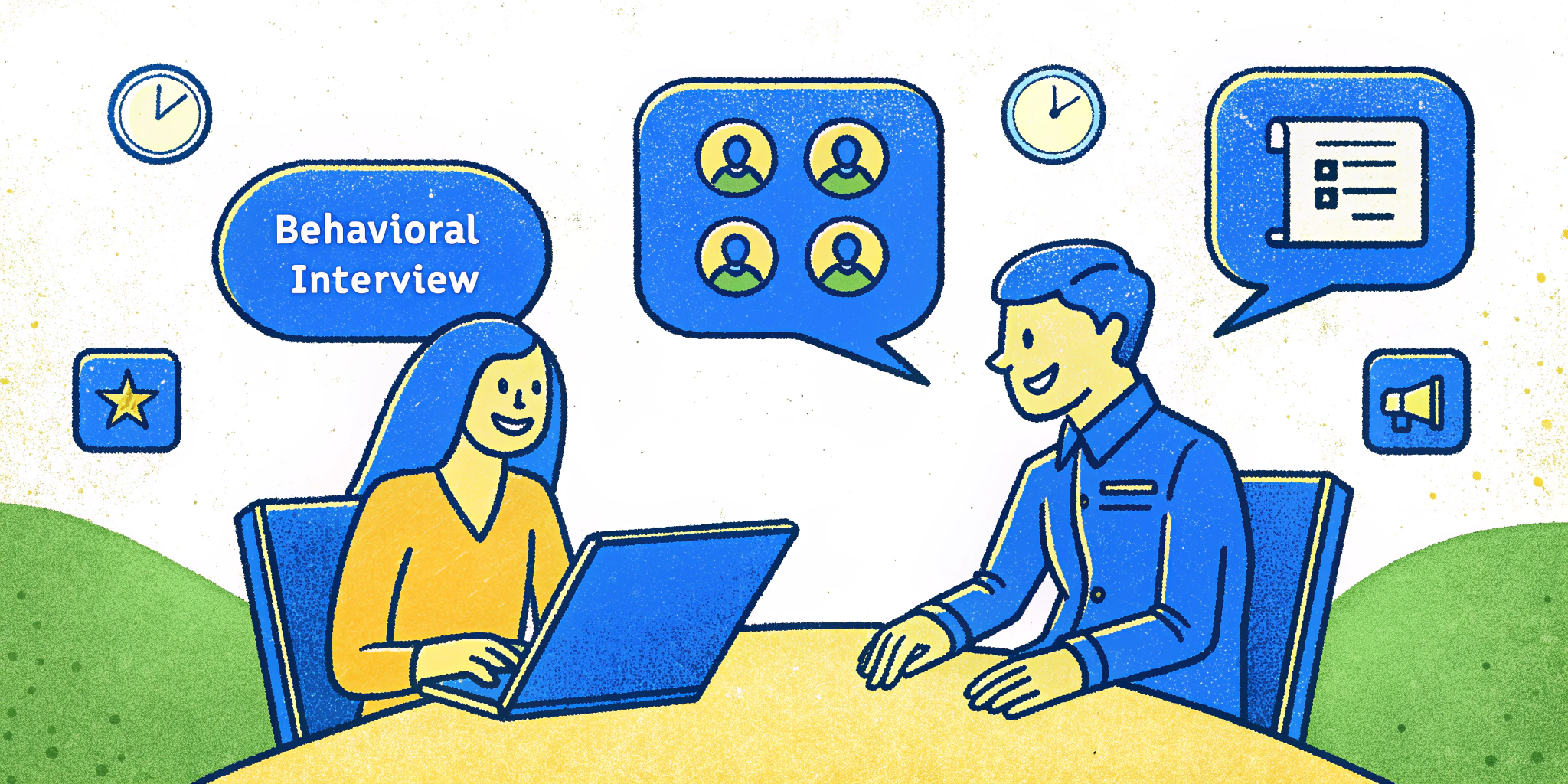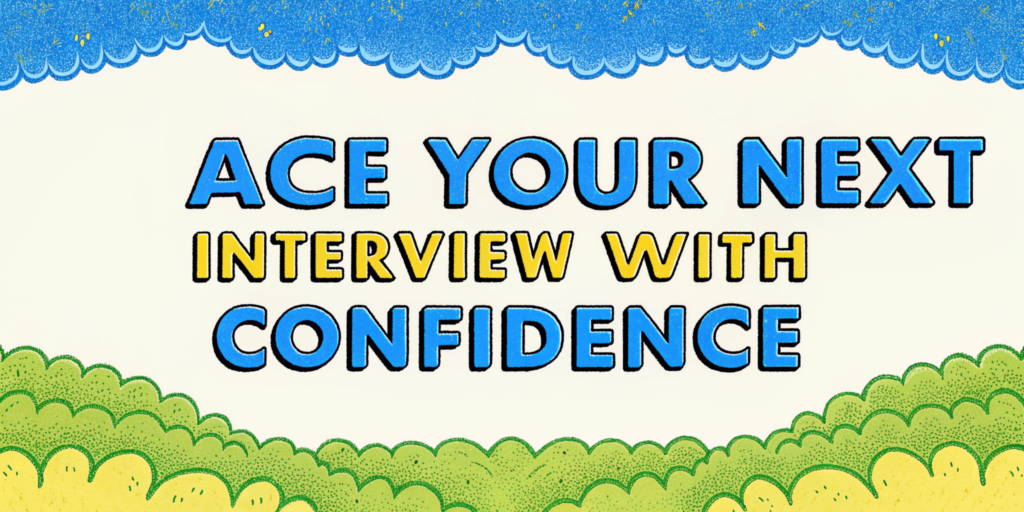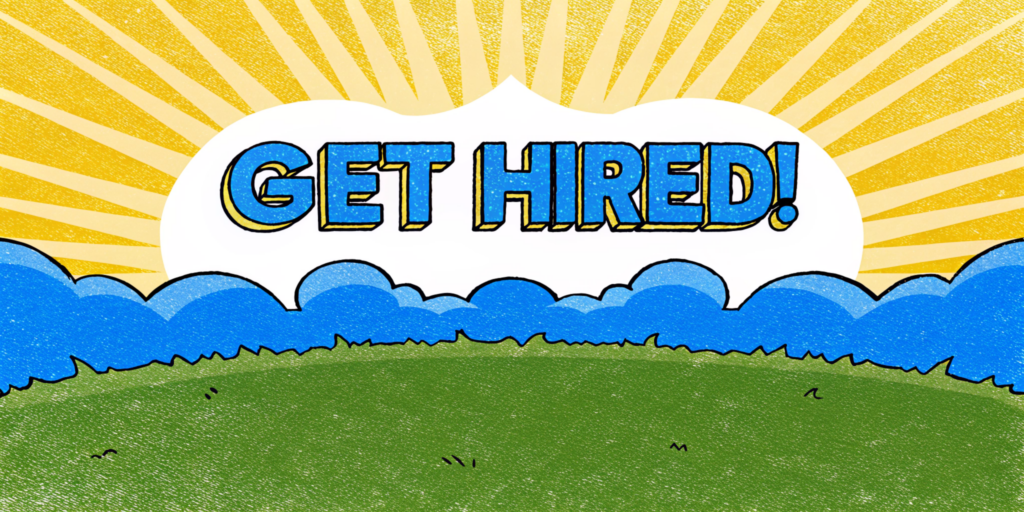When I was preparing for my first behavioral interview at a tech startup, I found myself spiraling between panic and frantic Googling. Behavioral interviews, especially those at top-tier companies like Robinhood, can feel incredibly daunting. But lucky for you, I’ve not only been through them myself—I’ve now coached plenty of candidates to acing theirs!
This blog is your definitive guide to Robinhood behavioral interview questions, with actionable advice and polished examples to supercharge your preparation. We’ll walk through the notorious top five behavioral questions, decode them with the STAR method, and share insider strategies to stand out, no matter the role you’re targeting: software engineer, SWE intern, product manager, or beyond.
What Are Behavioral Interview Questions?
Behavioral interview questions focus on how you’ve handled real-life work situations in the past. They’re designed to predict your future behavior by emphasizing specific, measurable examples of your skills, decision-making processes, and results.
For instance, when asked, “Tell me about a time you worked under pressure,” the hiring manager is not just curious about the story—you’re being evaluated on how you prioritize, problem-solve, and communicate under stress.
Why Does Robinhood Ask Behavioral Questions?
Robinhood is a fintech disruptor that thrives on innovation, agility, and teamwork. The company evaluates candidates based on their technical expertise (think: Robinhood SQL questions, system design prompts) and their ability to embody the company values.
Behavioral interview questions are particularly valued because they assess soft skills crucial to Robinhood’s success:
- Collaboration with cross-functional teams (essential in startup and fintech environments).
- Resilience in a high-pressure, fast-paced workplace.
- Problem-solving in unstructured, ambiguous situations.
- Accountability and a growth mindset after setbacks.
Top 5 Robinhood Behavioral Interview Questions + STAR Answers
Here are five behavioral interview questions that you’re almost guaranteed to encounter during your interview.
Question 1: Tell Me About a Time You Worked on a Team
Why It’s Asked: Robinhood’s culture emphasizes teamwork and collaboration. They want to hear about your ability to work harmoniously with others toward a common goal.
Answer Using STAR:
Situation: During an online sales event at my previous employer, our four-person team faced a significant issue: a supplier ran out of stock for a top-selling product, which disrupted over 100 customer orders.
Task: We needed to quickly source an alternative supplier, communicate updated timelines to customers, and coordinate within the team to mitigate operational bottlenecks.
Action: I took the lead in sourcing and vetting potential alternative suppliers, while one teammate negotiated terms, another drafted clear communication to affected customers, and the last updated order timelines in our CRM.
Result: The issue was resolved within 24 hours. Customers appreciated our proactive communication, and our revenue impact was minimized.
Question 2: Tell Me About a Time You Worked Under Pressure
Why It’s Asked: Robinhood thrives in fast-paced financial markets. Teams need to stay calm, strategize, and act quickly when stakes are high.
STAR Answer:
Situation: At my previous company, I temporarily absorbed my coworker’s workload while they were out on a leave of absence.
Task: My challenge was to manage two high-demand roles while ensuring that nothing fell through the cracks, maintaining both speed and accuracy.
Action: I organized my day into focused, “deep work” time blocks, clearly communicated my adjusted availability to coworkers, and referred back to detailed to-do lists to stay on track. When urgent demands arose, I triaged them based on urgency versus impact.
Result: Not only did I complete all deliverables on time, but I earned recognition from my manager for keeping operations smooth and productive during a potentially chaotic period.
Question 3: Tell Me About a Time You Overcame a Challenging Problem
Why It’s Asked: Problem-solving is a cornerstone of innovation, especially in building user-centric fintech products.
STAR Answer:
Situation: Our team lacked consistency in responses to customer queries, leading to reduced customer satisfaction metrics.
Task: I identified a need for standardized customer service training to address this gap.
Action: I analyzed various training programs, prepared a business case for implementing the solution, and secured approval from leadership. From there, I facilitated weekly training modules and Q&A sessions for the team.
Result: Within one month, customer satisfaction scores improved by 20%, and negative reviews decreased significantly.
Question 4: Tell Me About a Time You Made a Mistake
Why It’s Asked: Robinhood operationalizes accountability. The company embraces transparency and growth from errors.
STAR Answer:
Situation: Early in my career, I underestimated the complexity of an internal certification course and failed the assessment.
Task: My immediate goal became not just to pass but to deeply learn the material to avoid future gaps in understanding.
Action: I owned up to my mistake with my manager, enrolled in a remedial course, and dedicated weekends to thorough preparation.
Result: On my second attempt, I scored in the top percentile and applied these learnings effectively in my day-to-day role.
Question 5: Tell Me About a Conflict With a Coworker
Why It’s Asked: This determines your ability to maintain professionalism, resolve conflicts constructively, and contribute to a positive team culture.
STAR Answer:
Situation: A coworker made judgmental comments towards a new team member during a group meeting.
Task: My objective was to address the situation tactfully to protect team morale and encourage inclusivity.
Action: I spoke privately to the coworker, calmly explained how such comments impacted others’ trust in team cohesion, and suggested ways to support shared values of professional respect.
Result: They took my feedback to heart, apologized to the team, and grew into a more empathetic collaborator.
A Deeper Dive Into the STAR Method
| Step | What to Do | Key Tip |
|---|---|---|
| Situation | Clearly describe the challenge or problem. | Pick unique, significant experiences aligned to the job description. |
| Task | Define your objective in the scenario. | Frame it as a clear, actionable goal without introducing ambiguity. |
| Action | Walk through YOUR specific actions. | Avoid generalizations like “we did X”—articulate your individual contributions. |
| Result | Highlight measurable, positive outcomes. | Use metrics wherever possible (increased revenue by X%, resolved issue in Y hours). |
How to Use Ninjafy AI to Ace Your Behavioral Interviews
Preparing detailed STAR responses takes time and iteration. That’s where Ninjafy AI crushed every doubt I had about behavioral interview readiness.
With Ninjafy AI:
- Live AI-Coaching During Practice: Their NinjaCopilot gives immediate, tailored feedback based on your role.
- Tailored Mock Interviews: Whether for Robinhood SWE internships or engineering management positions, their Personal Model ensures your stories reflect your experience authentically.
- Undetectable Real-Time Aid: I used InvisibleEyetrack™ during a high-pressure, live interview—it sharpens focus seamlessly without breaking eye contact!
- Proven Success: With 441K+ job offers secured, the results speak for themselves.
Final Thoughts
Behavioral interviews may be tough, but with the STAR method and proper preparation (read: don’t wing this!), they’re entirely conquerable. Use measurable outcomes, craft memorable stories, and don’t forget: platforms like Ninjafy AI bridge preparation gaps effortlessly.
Good luck crushing your Robinhood behavioral interviews!


